Have you ever felt like your cat can read your mind, or sense your deepest emotions before you even say a word? It’s not just in your head—cats are far more emotionally aware than most people realize. Their quiet company during tough times, those soft head bumps when you least expect it, and their uncanny ability to show up when you’re feeling low all point to something truly special. Cats may be mysterious, but their emotional intelligence is real and often underestimated. Let’s dive into the fascinating world of feline sensitivity and uncover the surprising moments when cats prove they’re more emotionally tuned in than we ever imagined.
When You’re Sad, They Offer Silent Comfort
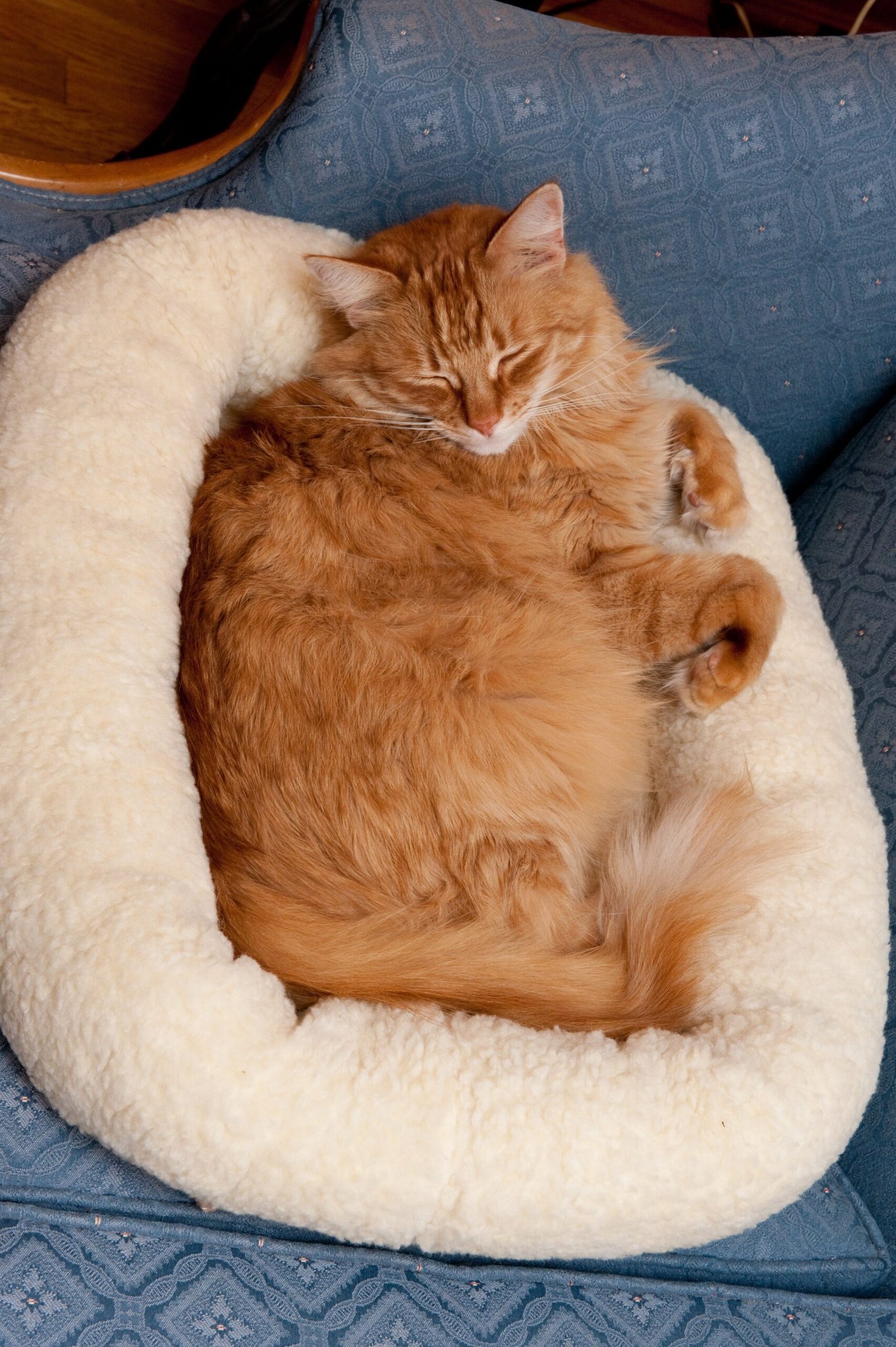
It’s astonishing how a cat seems to know when you’re feeling blue. Maybe you’ve noticed your feline friend quietly curling up beside you when you’ve had a tough day. Their presence isn’t loud or demanding—it’s gentle, almost like a silent hug. Even without understanding human words, cats can pick up on your subtle body language and tone of voice. Sometimes they’ll simply sit close, purring softly, providing a calming presence that lifts your spirits without saying a thing. This quiet comfort is their way of saying, “I’m here for you.” It’s a small gesture, but it can feel like the world when you need it most. Isn’t it remarkable how they always seem to appear right when you need them?
They Sense When You’re Sick or in Pain
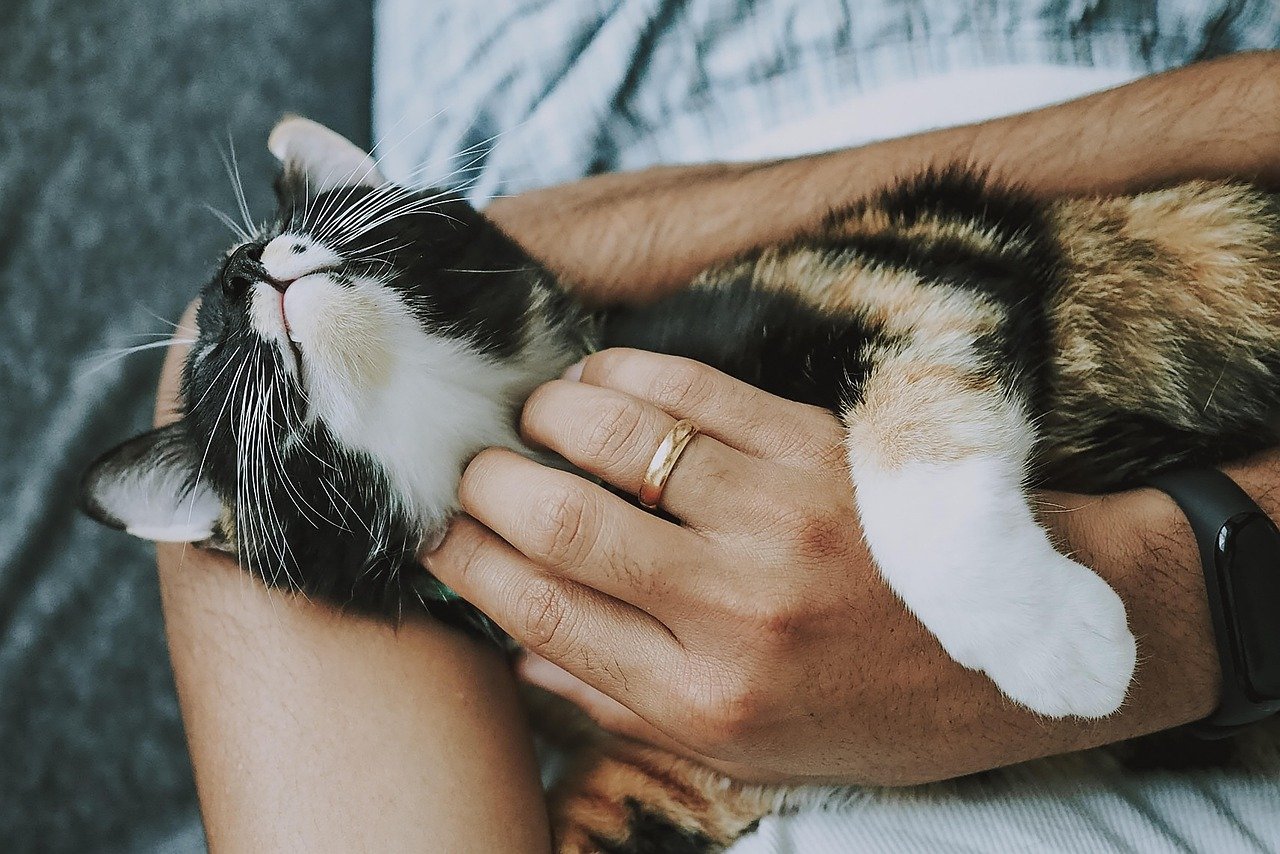
Cats have an uncanny knack for detecting when something’s not right with your health. If you’re feeling unwell or nursing an injury, your cat might hover around more than usual. They may sleep at your feet or rest their chin on your lap, almost as if keeping watch. Their heightened senses allow them to notice changes in your scent, posture, or routine, signaling them that you need extra care. Some people even claim their cats have found illnesses before doctors did, simply by acting differently around them. While science is still unraveling these mysteries, one thing’s for sure: cats are attentive nurses in their own quiet, loving way. Their companionship during illness can be the perfect medicine.
Noticing Your Stress Before Anyone Else
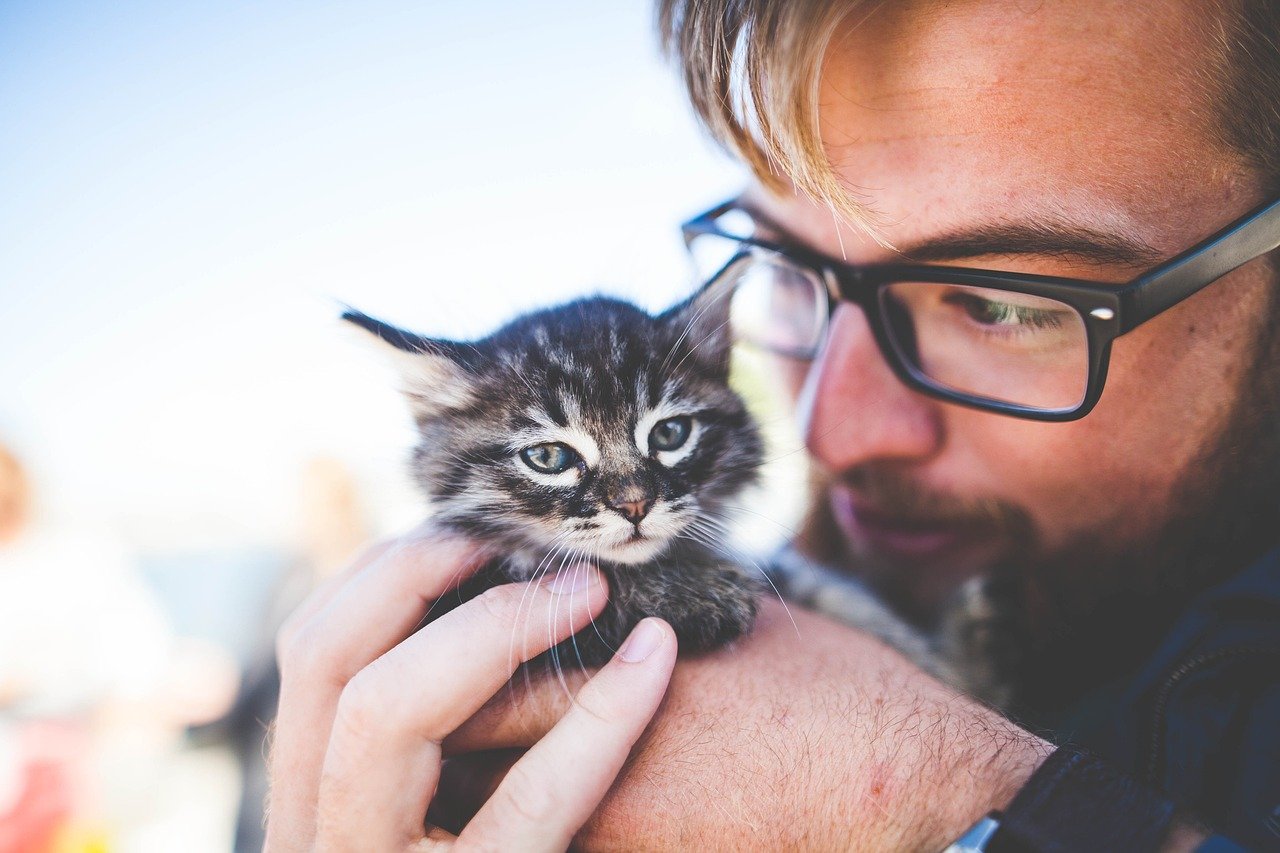
Ever felt your cat acting differently when you’re stressed out? Their behavior might shift—they could become more affectionate, or sometimes a bit withdrawn, reflecting your own mood. Cats are sensitive to the changes in your energy, voice, and even the way you move. If you’re tense or anxious, they might come up and rub against you, as if trying to absorb some of your worries. Some cats will even sit on your laptop or paperwork, almost demanding that you take a break and breathe. Their reactions are a quiet reminder to slow down and pay attention to how you’re feeling. It’s almost like they’re saying, “Take care of yourself, human!”
Reacting to Your Laughter and Joy
Happiness is contagious—even for cats. When you’re in a good mood, laughing and smiling, your cat often becomes more playful and energetic. They might chase after toys, dart around the room, or give you those famous “zoomies.” Your positive emotions can create a joyful atmosphere that your cat picks up on. Some owners notice their cats chirping or meowing in response to laughter, almost as if joining in on the fun. This mirroring of emotions is a sign that cats are more attuned to your feelings than you might think. It’s a delightful reminder that your moods can brighten their day too!
Comforting You During Grief or Loss
When you experience loss or deep sadness, cats can be incredibly empathetic companions. They may sit quietly by your side, refusing to leave, offering their warmth and presence. Their gentle purring during these moments can be especially soothing, acting like a balm for your aching heart. Many people have shared stories of their cats providing silent support during the hardest times, never asking for anything in return. Their ability to sense grief and respond with compassion is nothing short of amazing. In times of sorrow, their wordless companionship speaks louder than any words could.
Understanding When You Need Space
Cats aren’t just about cuddles—they also respect your boundaries. If you’re feeling overwhelmed or just need some alone time, your cat often senses it and gives you space. They might watch from a distance or quietly slip into another room. This ability to understand your need for solitude is a mark of their emotional intelligence. They know when their presence is comforting and when it’s better to let you be. It’s almost as if they’re saying, “I’ll be here when you’re ready.” Their respect for your moods is something many people overlook, but it’s a true testament to their awareness.
Responding to Raised Voices or Arguments
Have you ever noticed your cat’s reaction during an argument or when voices are raised? Many cats will run and hide, or become noticeably anxious. They’re highly sensitive to loud noises and negative energy, picking up on the tension in the room. Some cats might try to intervene, placing themselves between people or acting out to distract you. Their behavior is a direct response to the emotional climate, showing just how in tune they are with conflict. It’s their way of saying, “Hey, let’s calm things down.” Their reactions remind us that our emotions don’t just affect us—they ripple out to those around us, including our pets.
Recognizing When You’re Excited or Celebrating
Cats often react to your excitement with curiosity and increased activity. If you’re moving around the house, clapping, or talking excitedly, your cat may follow you, tail held high. They might even join in the celebration with a burst of playfulness, pouncing on toys or chasing shadows. This enthusiasm is their way of sharing in your joy. They’re drawn to the positive energy and want to be part of the fun. Their participation in your happy moments is a reminder that they’re not just passive observers—they’re active members of your emotional world.
Picking Up on Silent Tears
There’s something truly touching about a cat’s response to quiet tears. Even if you try to hide your sadness, your cat often knows. They may approach with gentle head bumps or simply sit close, offering silent support. Their presence during these vulnerable moments can be deeply comforting. It’s as if they’re saying, “You’re not alone.” Cats don’t need to understand the reason behind your tears—they just know you need them. Their intuition is both mysterious and heartwarming, providing comfort when words fall short.
Mirroring Your Daily Routines and Habits
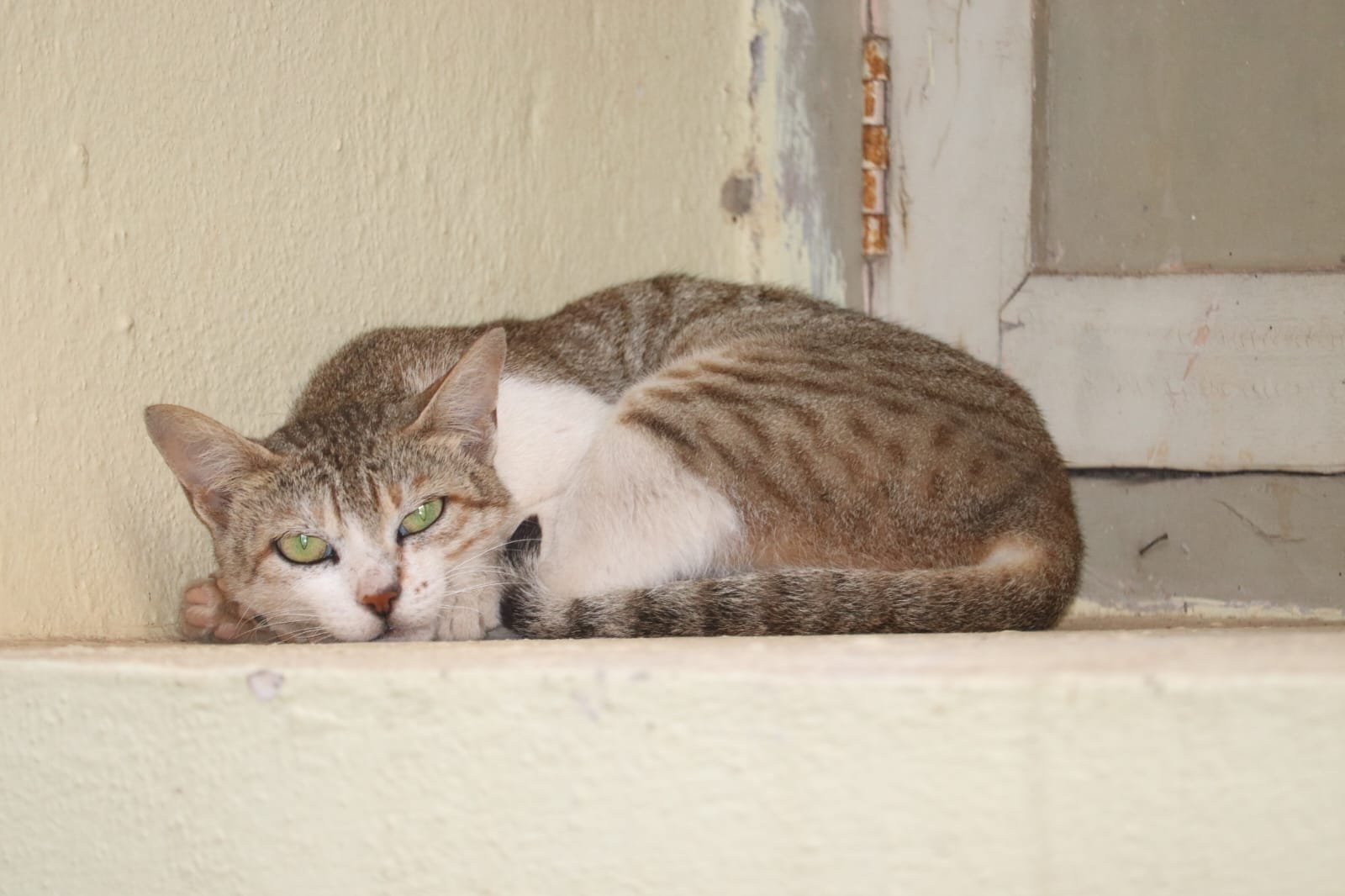
Cats are skilled observers of your daily life. They notice when you wake up, when you come home, and when you settle in for the night. Over time, they start to mirror your routines, adjusting their own habits to match yours. If you start a new routine, your cat often adapts quickly, showing that they’re paying close attention to your moods and behaviors. This mirroring isn’t just about convenience—it’s a way for your cat to stay connected with you emotionally. Their adaptability reflects their deep awareness of your daily rhythms.
Providing Reassurance During Anxiety Attacks
For those who struggle with anxiety, a cat’s presence can be incredibly grounding. Cats seem to have an instinct for recognizing when panic or anxiety is taking hold. They might curl up next to you, purr loudly, or even knead your lap, providing a soothing distraction. This comforting behavior can help slow your racing thoughts and bring you back to the present moment. Many cat owners describe their pets as “emotional anchors,” always there when anxiety strikes. Their calming effect is a testament to their emotional sensitivity.
Tuning In to Family Dynamics
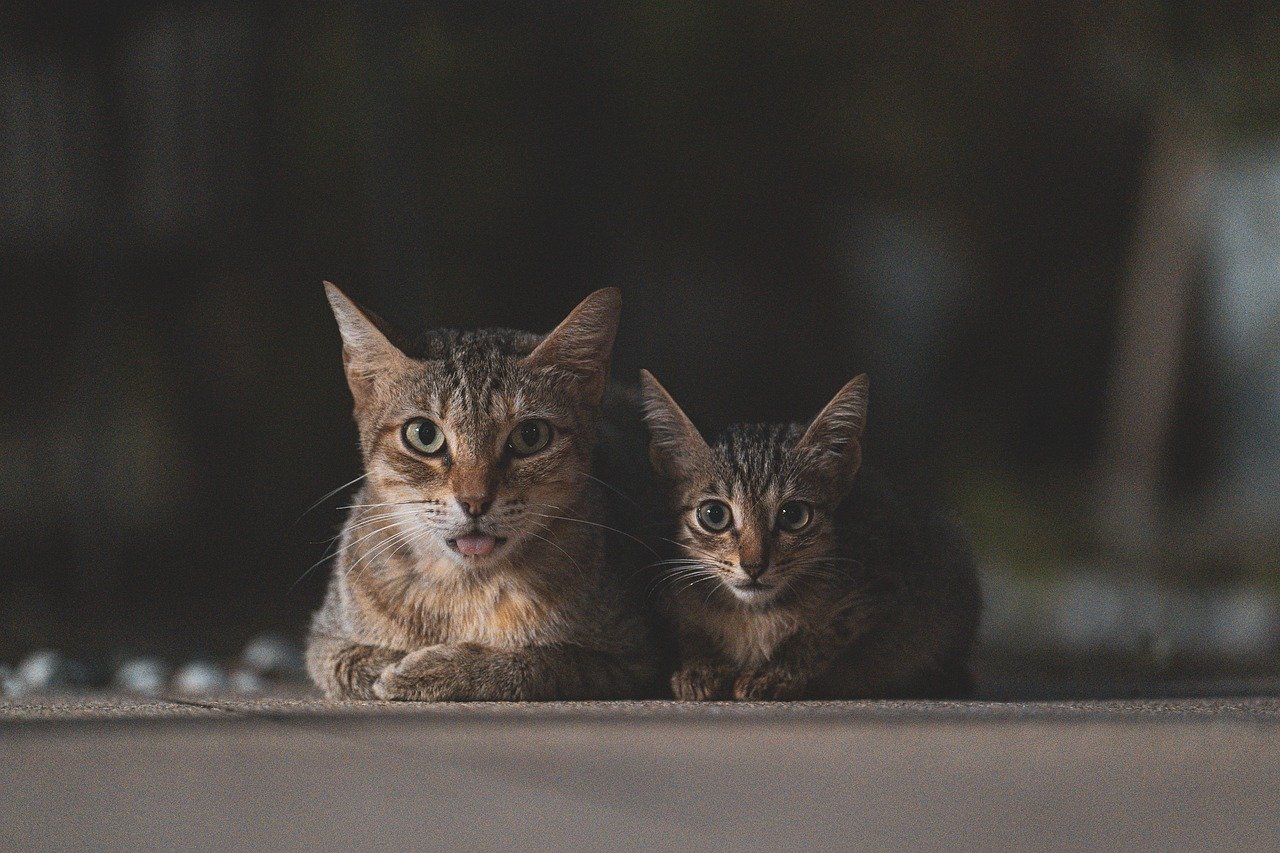
Cats are astute observers of the people around them. They quickly learn who in the household is gentle, who is playful, and who might be more distant. Their reactions to different family members can shift depending on the emotional energy they sense. If there’s tension between people, cats often act more reserved or may try to mediate by seeking attention from everyone. Their awareness of family dynamics is subtle but real, and it shapes the way they interact with each person. It’s a gentle reminder that your cat sees and feels more than you might think.
Seeking Out the Person Who Needs Them Most
One of the most touching examples of a cat’s emotional awareness is their tendency to gravitate toward the person who is struggling the most. If someone in the house is having a bad day or going through a tough time, the family cat often chooses to spend time with them. It’s as if they instinctively know who needs their comfort the most. This behavior isn’t random—it’s driven by their deep sensitivity to emotional cues. Their ability to offer targeted support is both surprising and incredibly moving.
Reacting to Your Tone of Voice
Cats may not understand your words, but they’re experts at reading your tone. A gentle, soothing voice will likely draw your cat closer, while a harsh or angry tone might send them running. Their reactions are immediate and unmistakable, showing just how attuned they are to your emotional state. This sensitivity to tone can even help you become more aware of how you’re communicating. It’s a fascinating feedback loop—your emotions affect your cat, and their reactions can influence yours in return.
Offering Playfulness When You’re Down
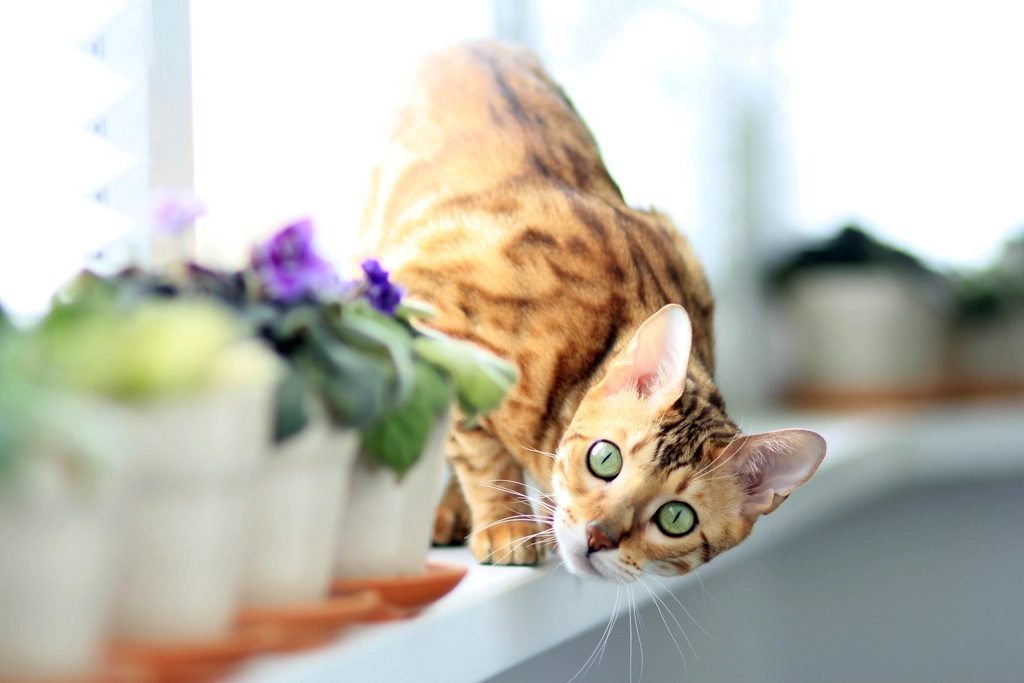
Sometimes, the best medicine for a tough day is a little playtime with your cat. Cats seem to sense when you’re feeling low and will often try to engage you in play. They might bring you a favorite toy or do something silly to get your attention. This playful invitation is their way of lifting your spirits and reminding you to find joy in the moment. Their intuitive timing often feels like magic, arriving just when you need a pick-me-up. It’s a small act with a big emotional impact.
Guarding You During Vulnerable Moments
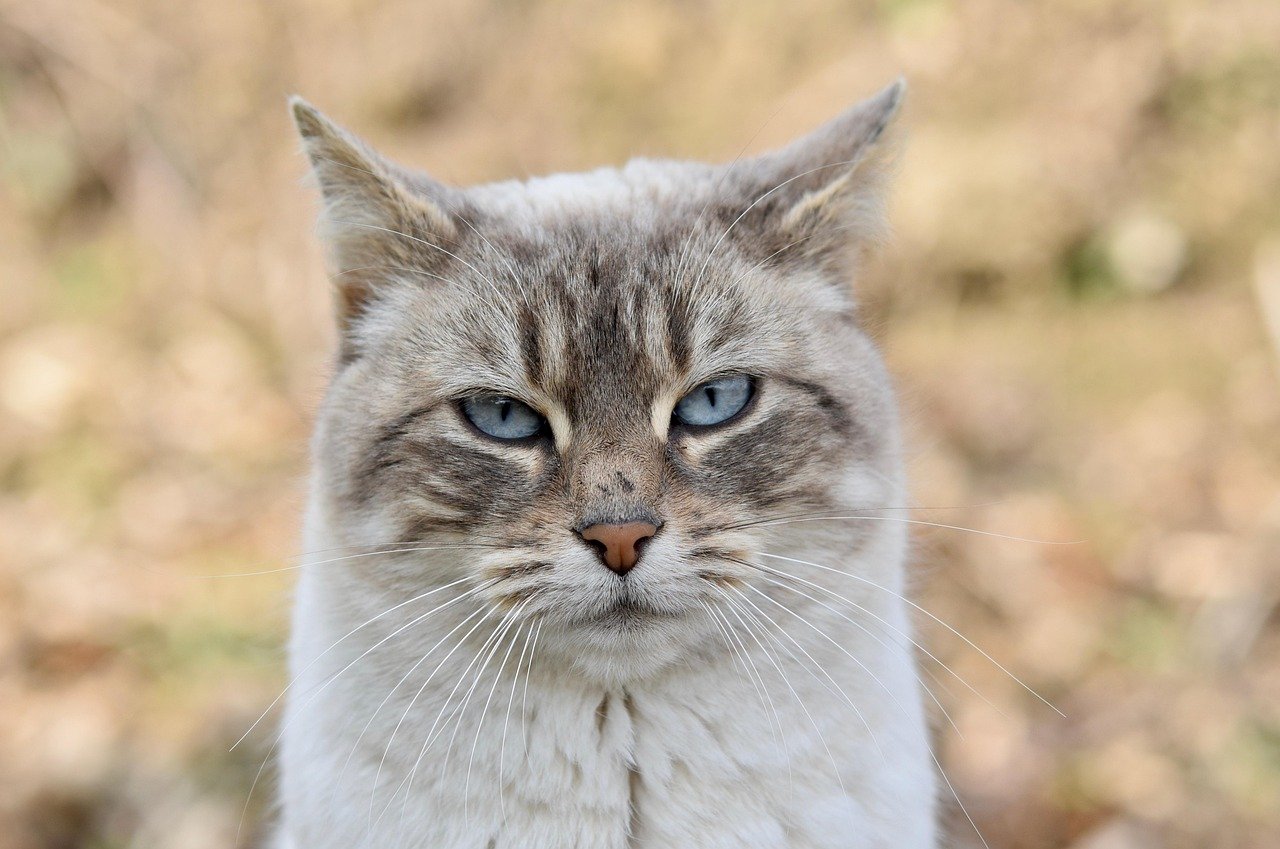
Cats may be small, but their protective instincts are strong. If you’re feeling vulnerable or afraid, your cat might position themselves nearby, keeping a watchful eye on you. They may even sleep at the foot of your bed or by your side during difficult nights. This subtle guarding behavior is their way of offering reassurance and security. It’s as if they’re silently promising to watch over you until you feel safe again. Their quiet vigilance is a powerful expression of emotional awareness.
Recognizing Changes in the Home Environment
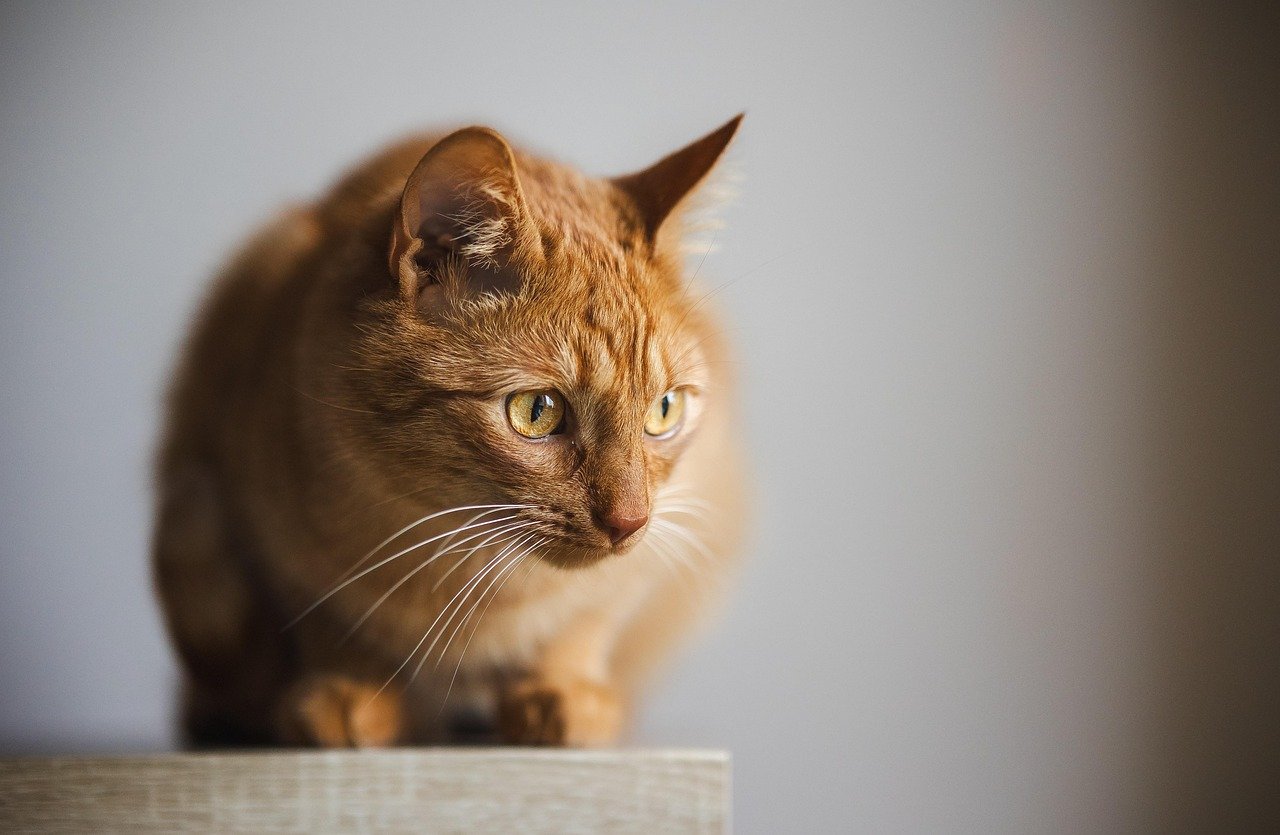
Any shift in your home—whether it’s new furniture, visitors, or a change in routine—can affect your cat. They’re highly sensitive to changes in their environment, but they’re equally attuned to the emotions behind those changes. If you’re excited about a new project or stressed about an unexpected event, your cat will pick up on those feelings. Their reactions can range from curiosity to caution, but they’re always watching and adapting. Their ability to sense the emotional climate of your home is yet another sign of their remarkable awareness.
Responding to Pregnancy or New Additions
Many cat owners are amazed at how their pets react to pregnancy or a new baby in the house. Cats often become more affectionate or protective, sensing that something important is happening. They may follow the expectant mother more closely or become more vocal, as if trying to communicate their concern. After a baby arrives, some cats take on a gentle, watchful role, staying close but respectful. Their behavior reflects an acute sensitivity to the emotional changes that come with new beginnings.
Offering Consistent Routine During Uncertainty
When life feels chaotic, cats often become a source of stability. Their routines—their feeding times, play sessions, and naps—can provide comfort and predictability. Cats seem to know when you need this consistency the most, sticking to their habits even when everything else feels uncertain. Their steady presence is a grounding force, reminding you that some things never change, no matter how turbulent life becomes. This reliability is a special kind of emotional support.
Showing Affection in Unexpected Ways
Not all cats show love the same way, but their acts of affection are always meaningful. Whether it’s a gentle headbutt, a slow blink, or simply sitting nearby, these gestures are their way of saying, “I care about you.” Even aloof cats have their own subtle ways of expressing attachment, often when you least expect it. Their affection can arrive at the perfect moment, turning an ordinary day into something truly special. Each cat’s unique way of showing love is a reflection of their deep emotional awareness.
Hi, I’m Bola, a passionate writer and creative strategist with a knack for crafting compelling content that educates, inspires, and connects. Over the years, I’ve honed my skills across various writing fields, including content creation, copywriting, online course development, and video scriptwriting.
When I’m not at my desk, you’ll find me exploring new ideas, reading books, or brainstorming creative ways to solve challenges. I believe that words have the power to transform, and I’m here to help you leverage that power for success.
Thanks for stopping by, Keep coming to this website to checkout new articles form me. You’d always love it!






